This would be my first time in Rome. I’d always imagined traveling to the city for a romantic getaway with a chance to throw a coin in the Trevi Fountain but that wasn’t to be. Instead I would see it like it’s never been seen before – silent, still, eerie even – as the country deals with being at the centre of a global health crisis.
The flight there was daunting. It was early March and the situation in the UK was not like it is today. People weren’t socially distancing or frequently wearing masks. The Italians on the plane were covered up - hats and masks firmly placed on top of their noses and mouths. Nobody made eye contact - my smiles weren’t returned by those whose faces I could see and I began questioning what I was doing. How bad was it on the other side?
The situation in Rome hit me hard. The weather was warm that morning but instead I felt a cold blast of fear as my taxi driver politely refused to take my bags because he didn’t want to catch any germs. The journey to the hotel where my team would meet me wasn’t easy. A range of emotions went through my body, from anxiety to trepidation to excitement, on reporting on such an important story. I kept reminding myself that I’d covered the war in Afghanistan multiple times from dangerous Helmand Province. I could do this - I was ready to face the unknown.
.jpg?auto=format&w=1440&q=80)
Stringent measures were in place across the country preventing people from moving around freely without good reasons. Italy was the first country in Europe to implement such strict controls. Almost immediately the pugnacious people of Rome seemed to adjust to the new rules. Streets were deserted, businesses closed, and only the odd car or bus zoomed through the centre. The metamorphosis was causing heartbreak among some of the life-long residents - like Natasha who told me, 'It’s as if the soul has been ripped out of my city. It’s still breathing but just barely. I’ve never seen it like this empty, never ever.' Her words were piercing. Italy was hurting.
From our terrace in our hotel, we often heard the joyful sounds of children playing - but we could never see them. They were absent from the balconies and didn’t poke their heads out of the apartment windows. How were they coping? What were teachers and parents telling them about this deadly virus without causing panic and fear? Italian families reminded me of my own – close-knit, tactile, and passionate. Households are often large with grandparents living with their children and grandchildren. The love is deep and warm and their desire to protect the young was palpable.
We managed to track down a primary school teacher in Lombardy - the worst affected region in the north, where more people have died from the infection than anywhere else in the country – to ask how her class of four- and five-year-olds were feeling.

On Skype from her home, Roberta said there were only two sounds she could hear nowadays: the church bells ringing and the ambulance sirens wailing. No children playing reverberated through the town. What once were lively parks were transformed into empty spaces.
'It’s like something out of a film,' she said. Her days were spent teaching virtual lessons via her laptop. She described her children as often feeling 'abandoned and alone, and craving normality' as their daily routine had been disrupted for several weeks now after schools were closed in some parts of the country even earlier than in Rome. She explained they deeply missed their friends and having regular contact with their teachers and that is why she said 'being able to actually deliver reality through a computer, even though it’s on a completely different scale - has been particularly important' – 'So that they don’t feel we don’t care and have forgotten them. They have feelings.'
On my last day, as I packed away my several bottles of hand sanitizer, I reminded myself the rate of the increase of infection had been reducing.
This led to my interview with three-year-old Orelio in Rome - a cheeky-looking child with red hair and a smile that warms your heart. With his mother Tiffany present, I spoke to him on Skype about the impact coronavirus was having on him. His wide grin quickly subsided at the sound of the word and he presented me with a thumbs-down gesture before tucking his head into his mother’s chest.
There it was - loud and clear: a sign the very young were aware of the severity of coronavirus. His mother told me he’d been having a constant stream of nightmares – mostly about spiders. Orelio‘s small face will remain etched in my mind throughout this pandemic. It’s not his fault, or anybody else’s, that we’re enduring these difficult times but somehow the suffering of children always hurt me the most.

Broadcasting on the daily death toll from Italy was the worst moment of each day, as the figures escalated by hundreds. But on my last day, as I packed away my several bottles of hand sanitiser, I reminded myself that the rate of the increase of infection had been reducing – a trend that continues today. There is hope, Sima.
Rome took my breath away with its historical monuments and beautiful parks. We can only feel love, compassion and sympathy for the city and its people and wish them luck with what lies ahead - especially the young who are bearing the brunt of this deadly virus, just like us grown-ups.
READ MORE: How Coronavirus Is Changing The Way We Live
Life: Coronavirus 2020
 1 of 14
1 of 14Coronavirus: I’m Young And Healthy – Is It Ok To Go Out And See Friends?
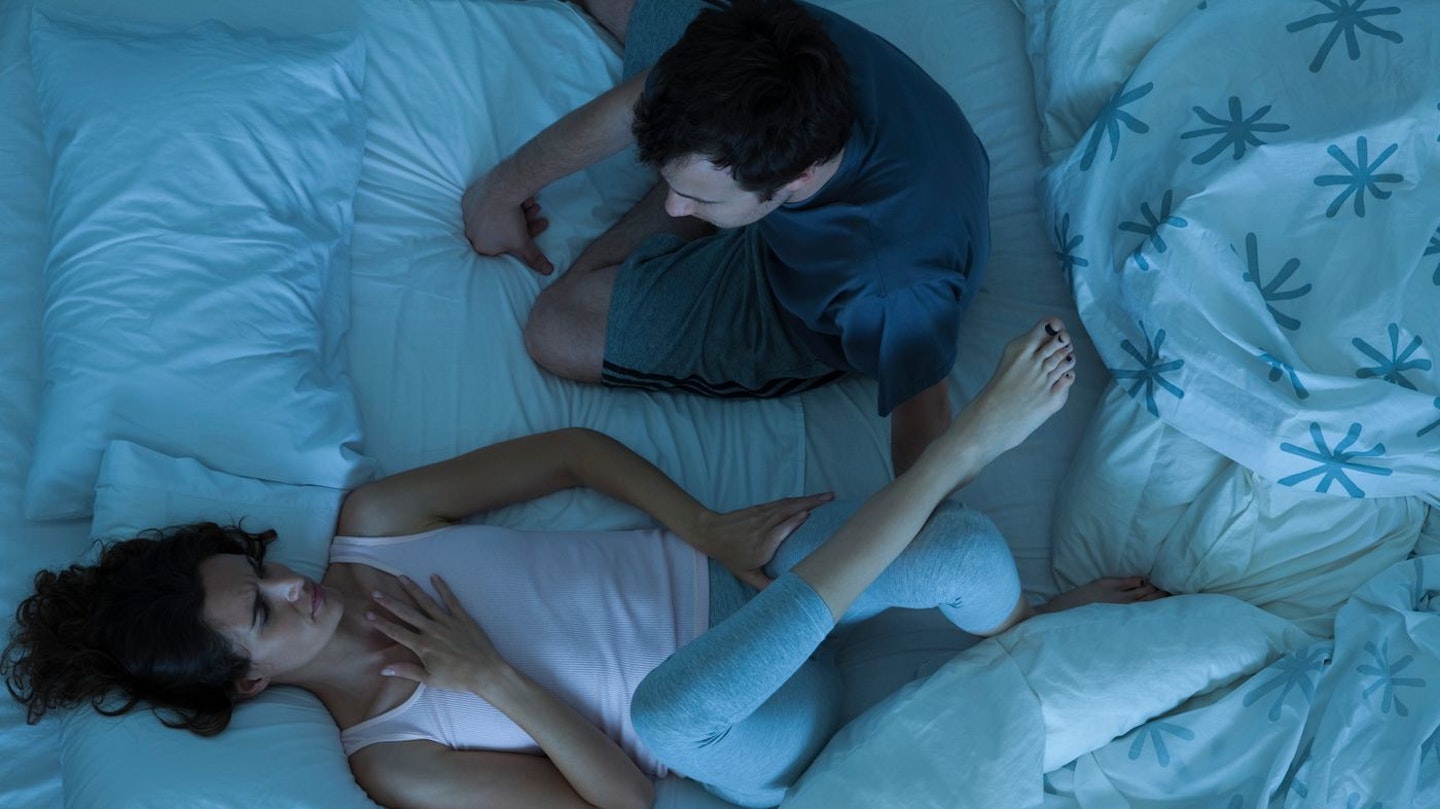 2 of 14
2 of 14I've Been With My Boyfriend For Four Months – Should I Go Into Quarantine With Him?
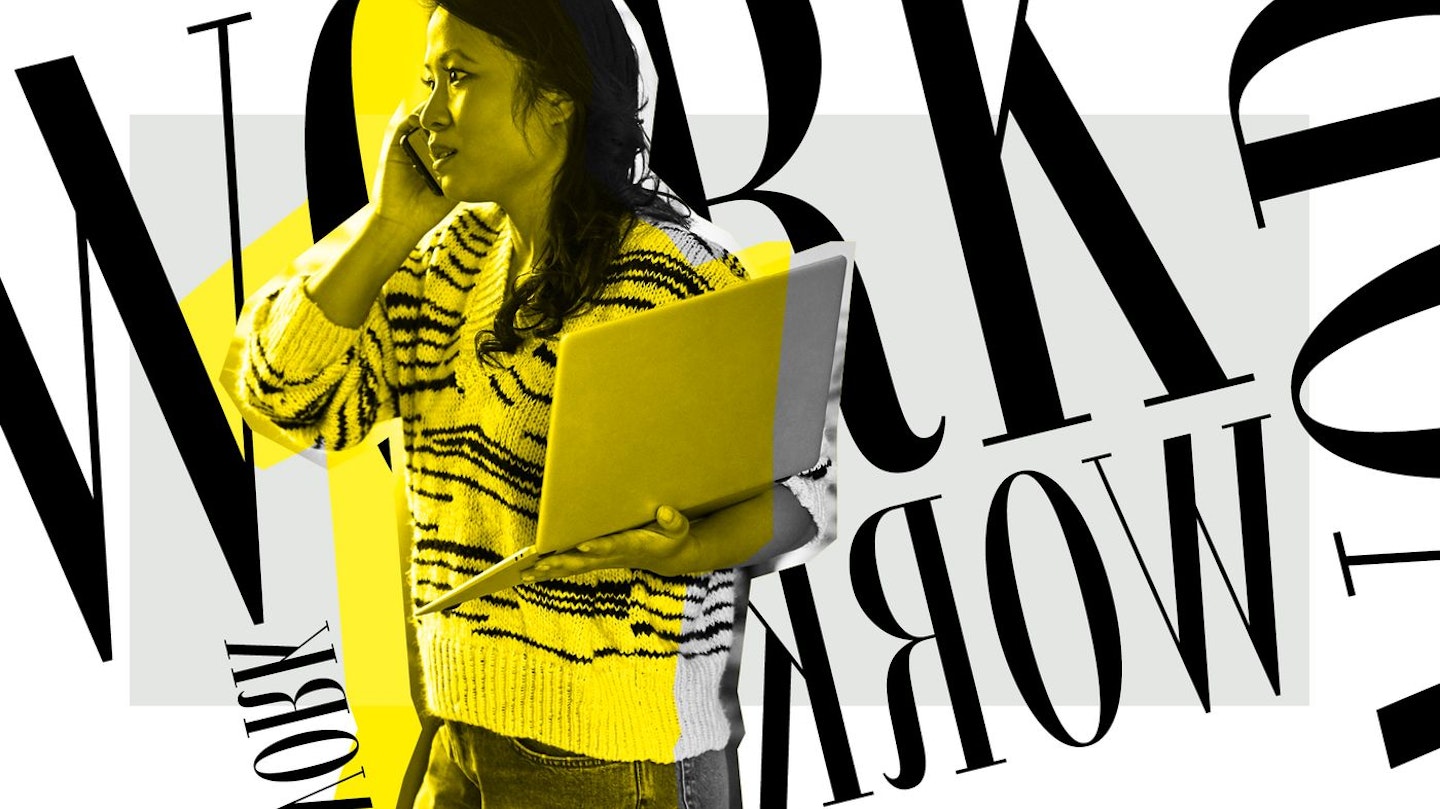 3 of 14
3 of 14Working From Home And MissIng Your Colleagues And Your Routine?
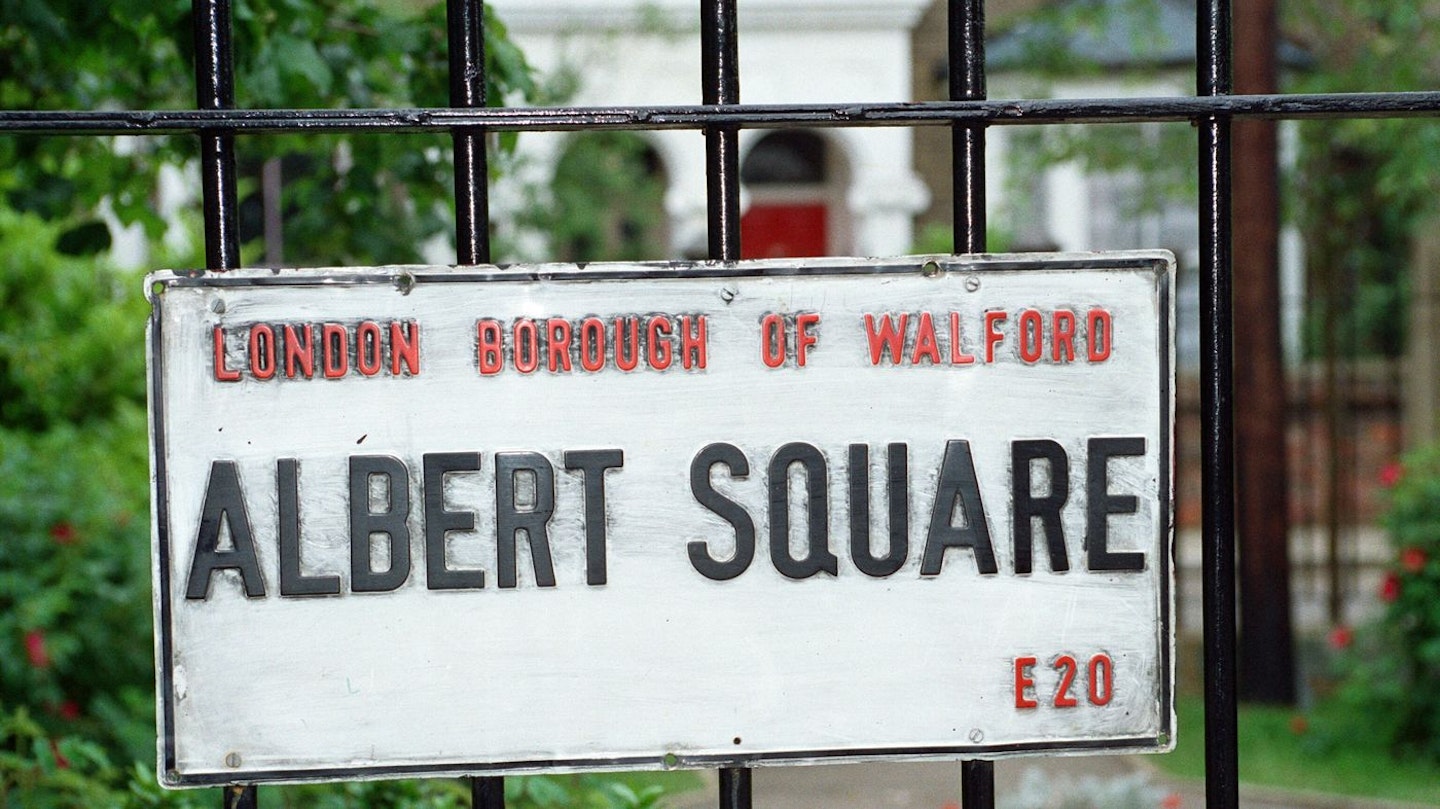 4 of 14
4 of 14From EastEnders To The Friends Reunion: Here's How Coronavirus Is Affecting Our TV Schedules
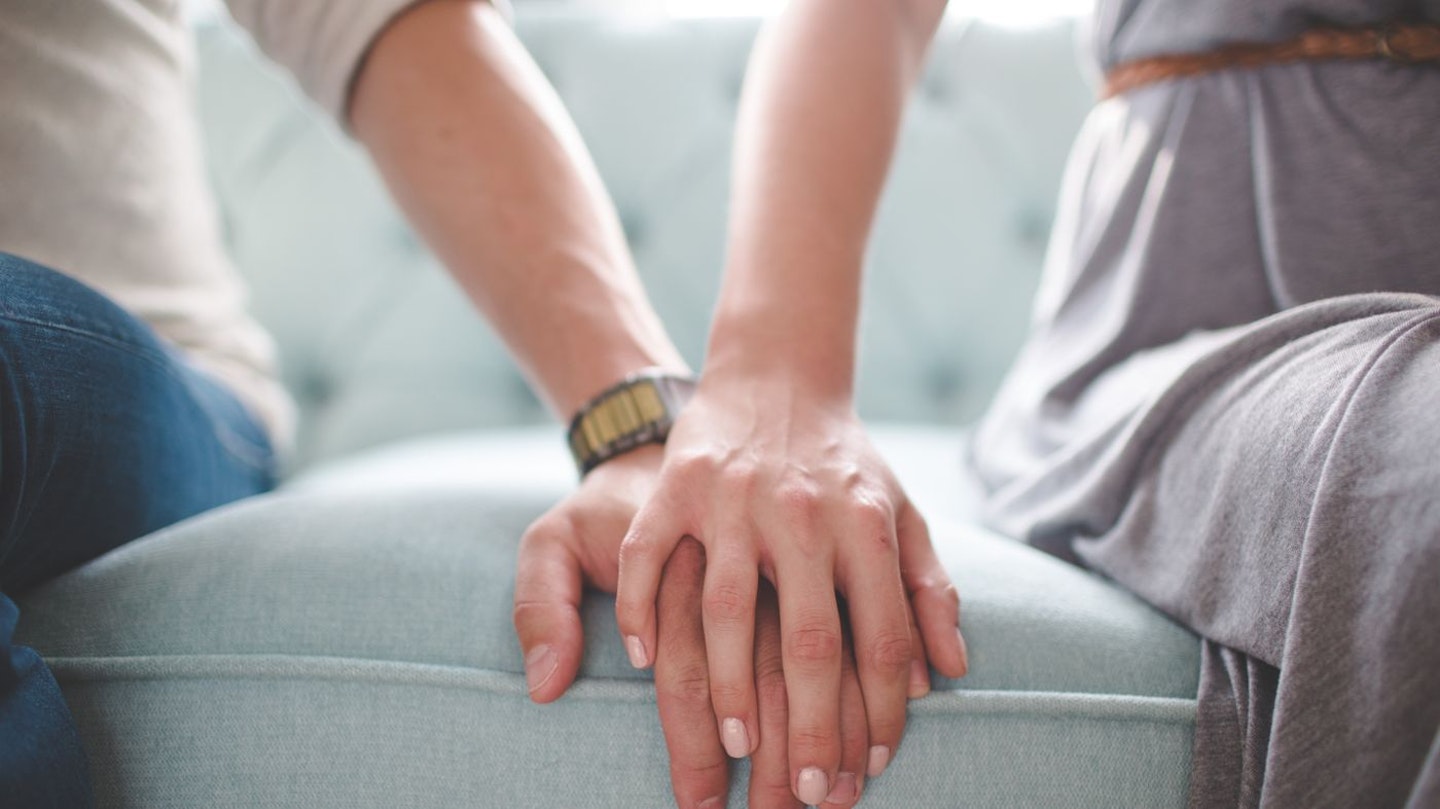 5 of 14
5 of 14Coronavirus: How To Survive Being Cooped Up As A Couple
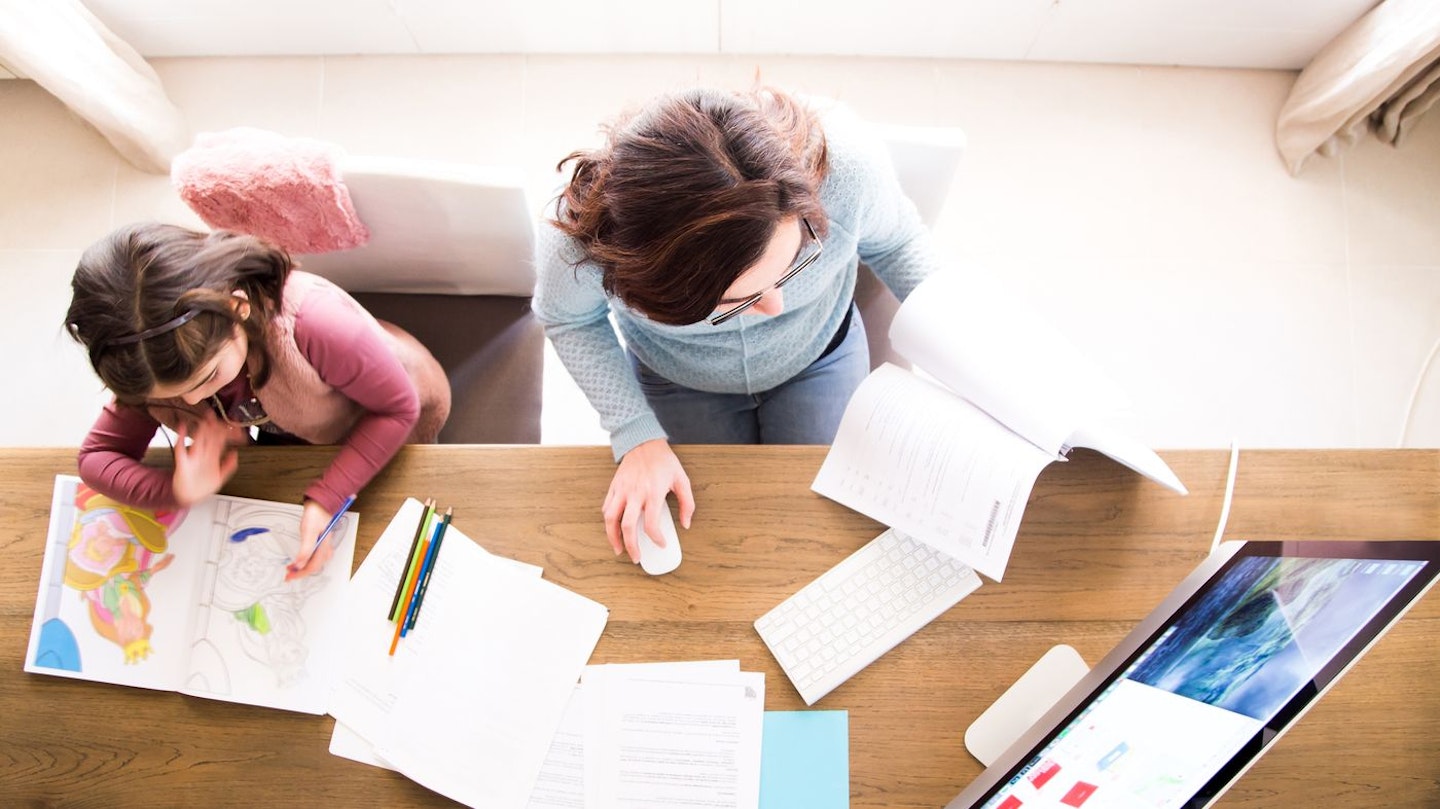 6 of 14
6 of 14Coronavirus And Parenting: The Importance Of Structure, Honesty And More TV Than Usual
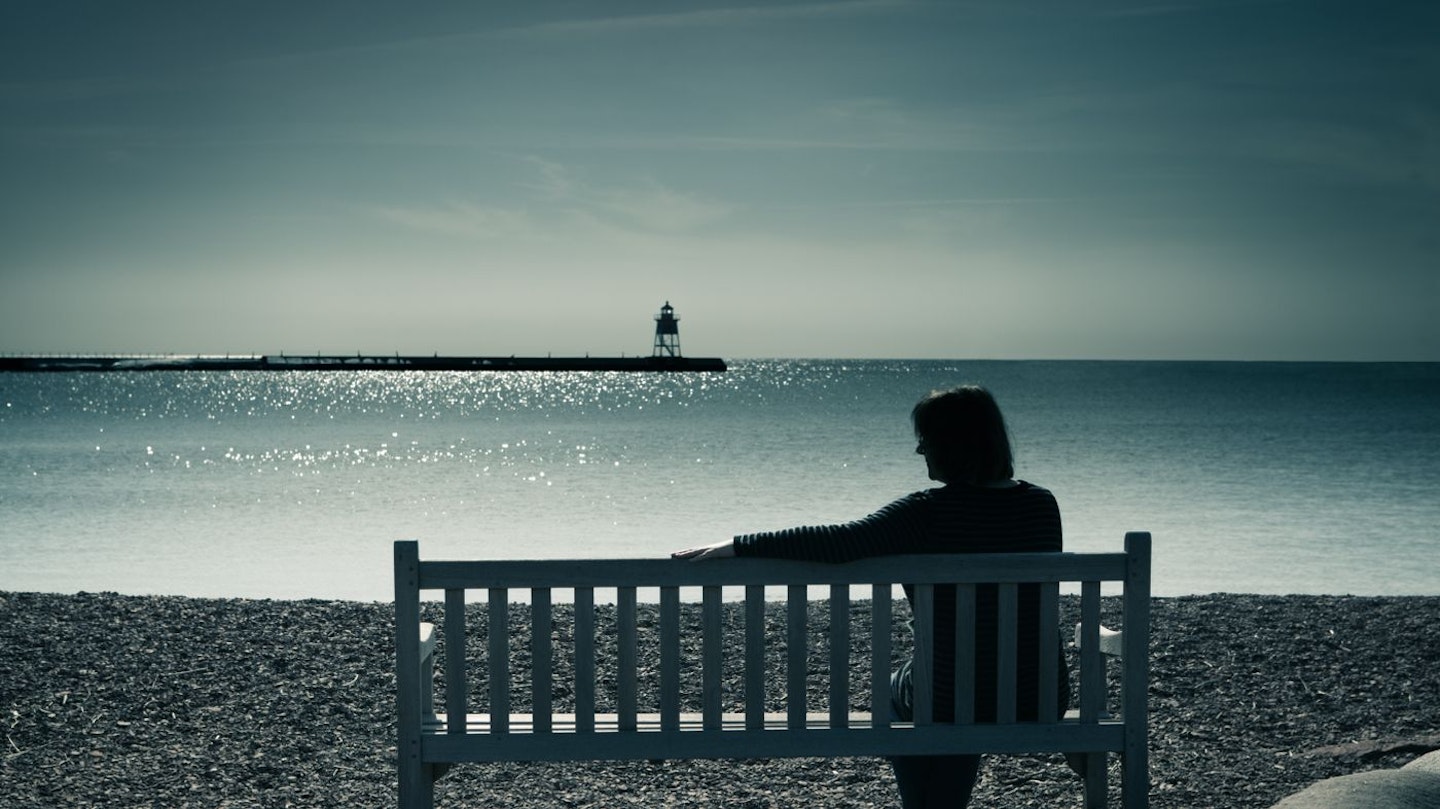 7 of 14
7 of 14How Coronavirus Is Changing My Relationship With My Mum, And My Daughter
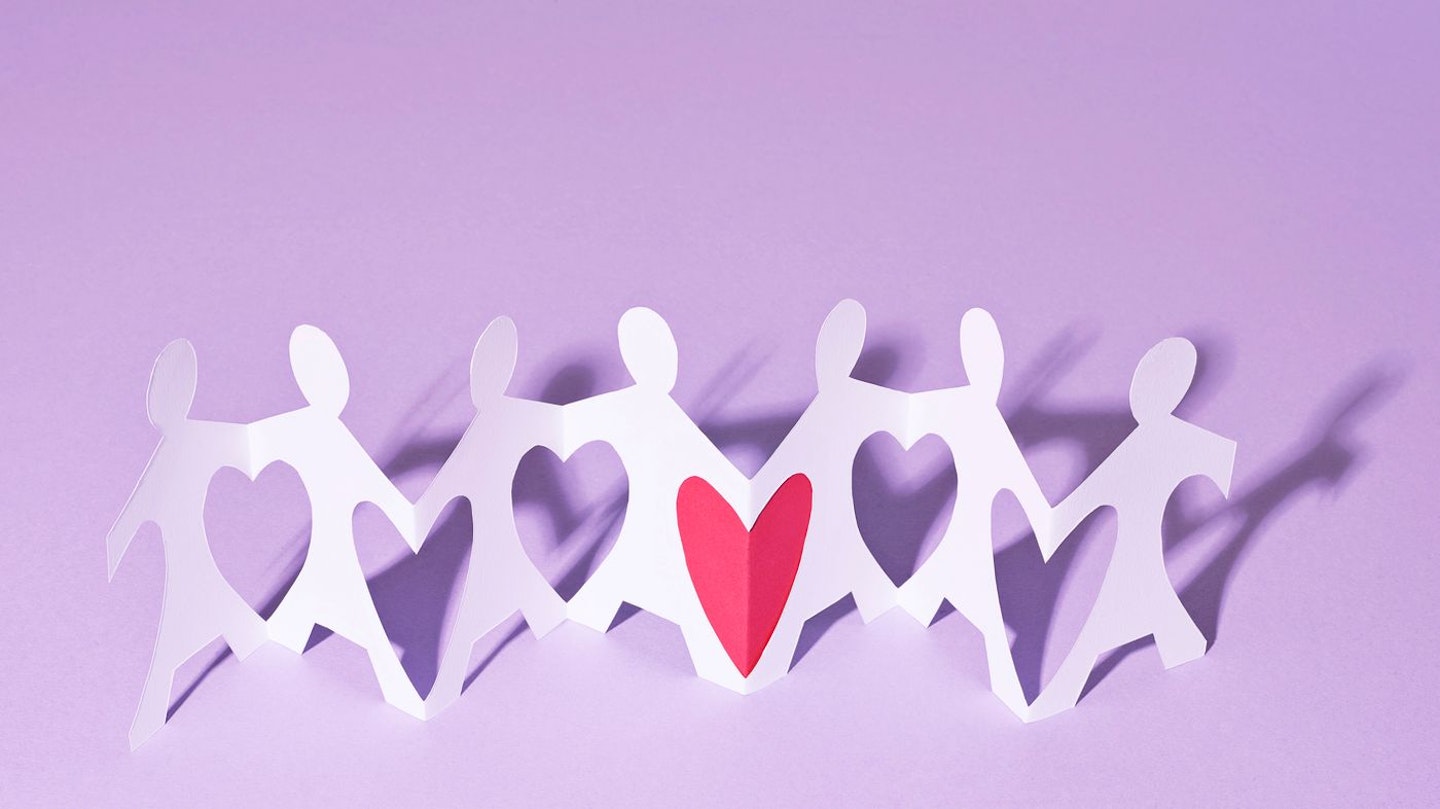 8 of 14
8 of 14Coronavirus: How To Help The Most Vulnerable Women In Society
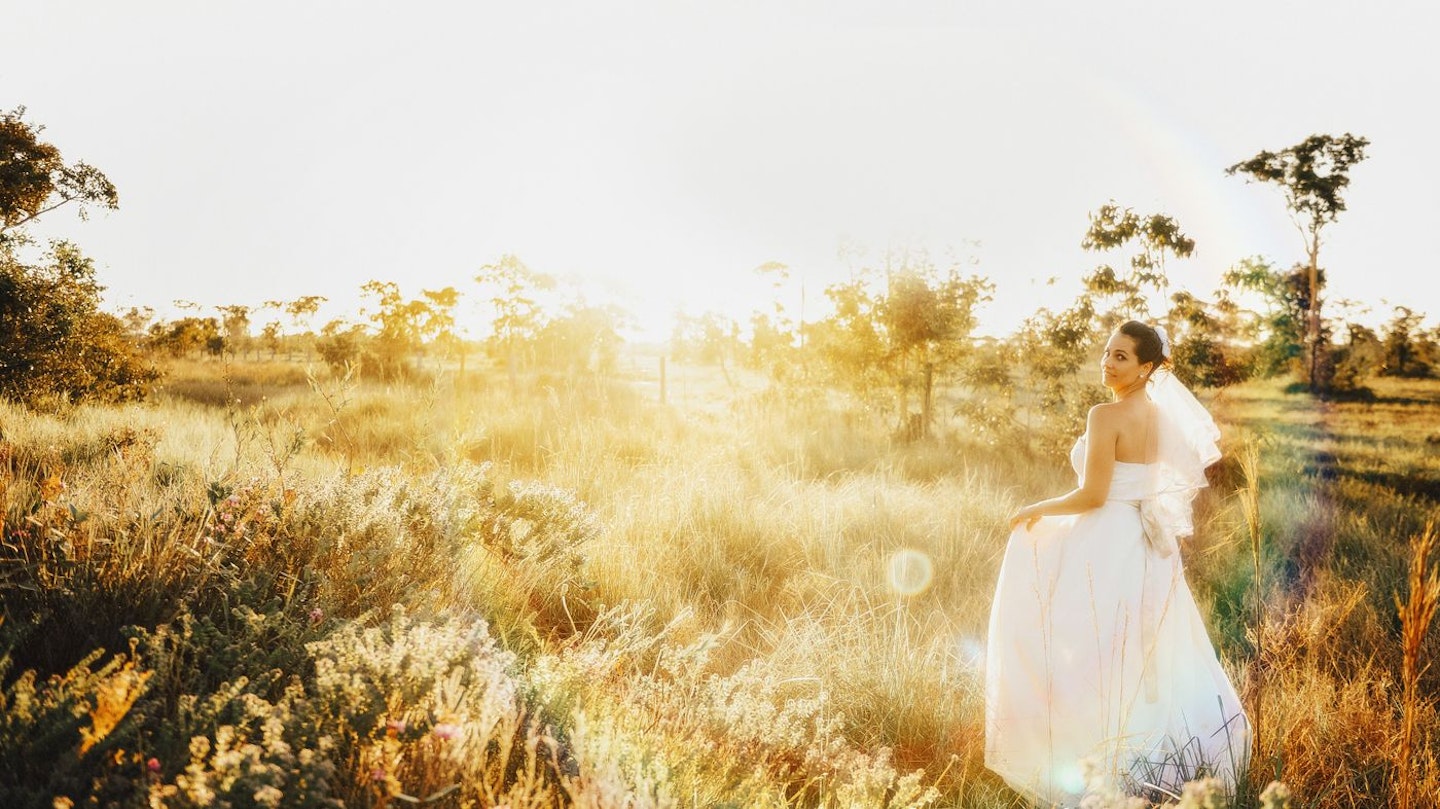 9 of 14
9 of 14Coronavirus: The Reality of Cancelling A Dream Italian Wedding
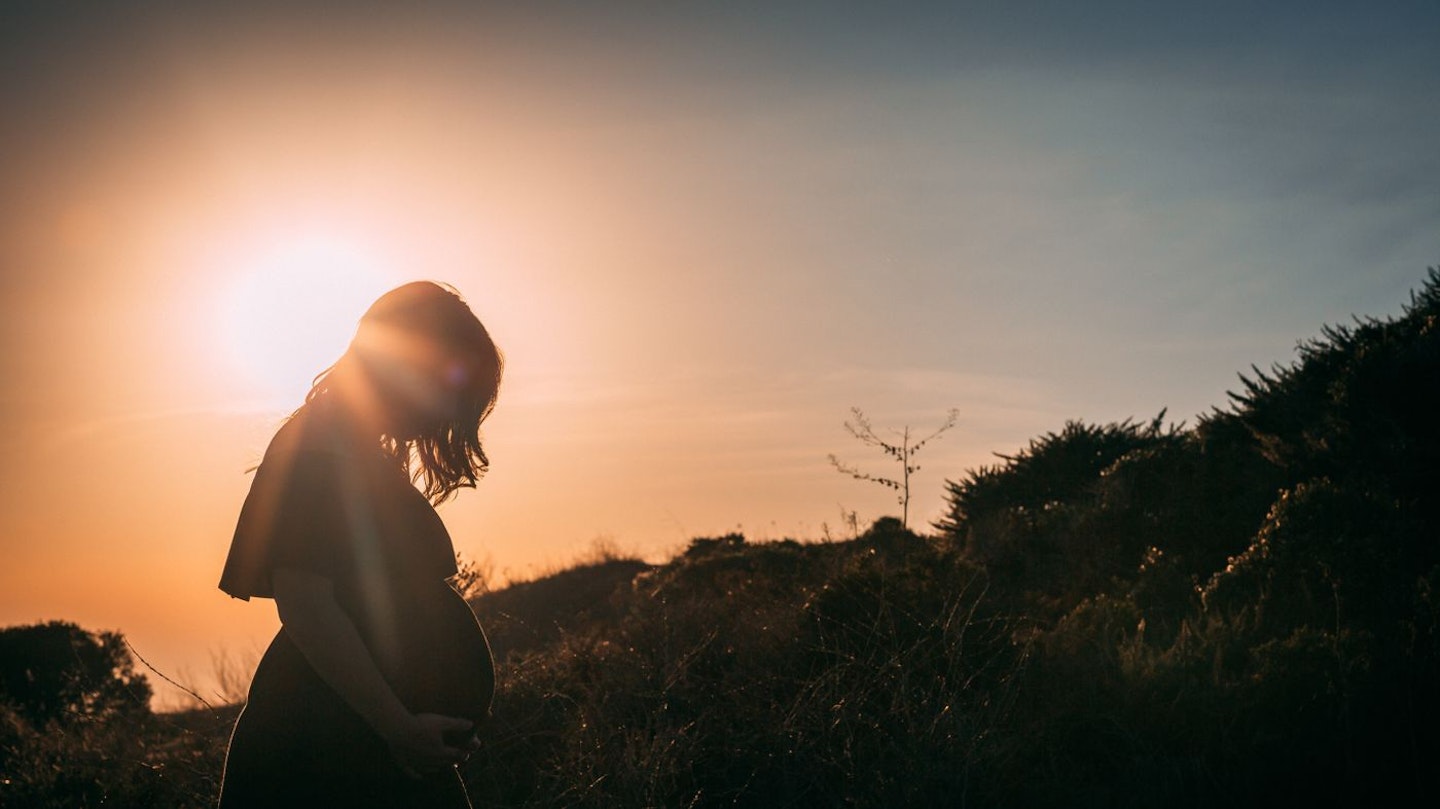 10 of 14
10 of 14‘I Just Have To Hope The Baby's Doing OK’: How It Feels To Be Pregnant Or Trying To Conceive During Coronavirus
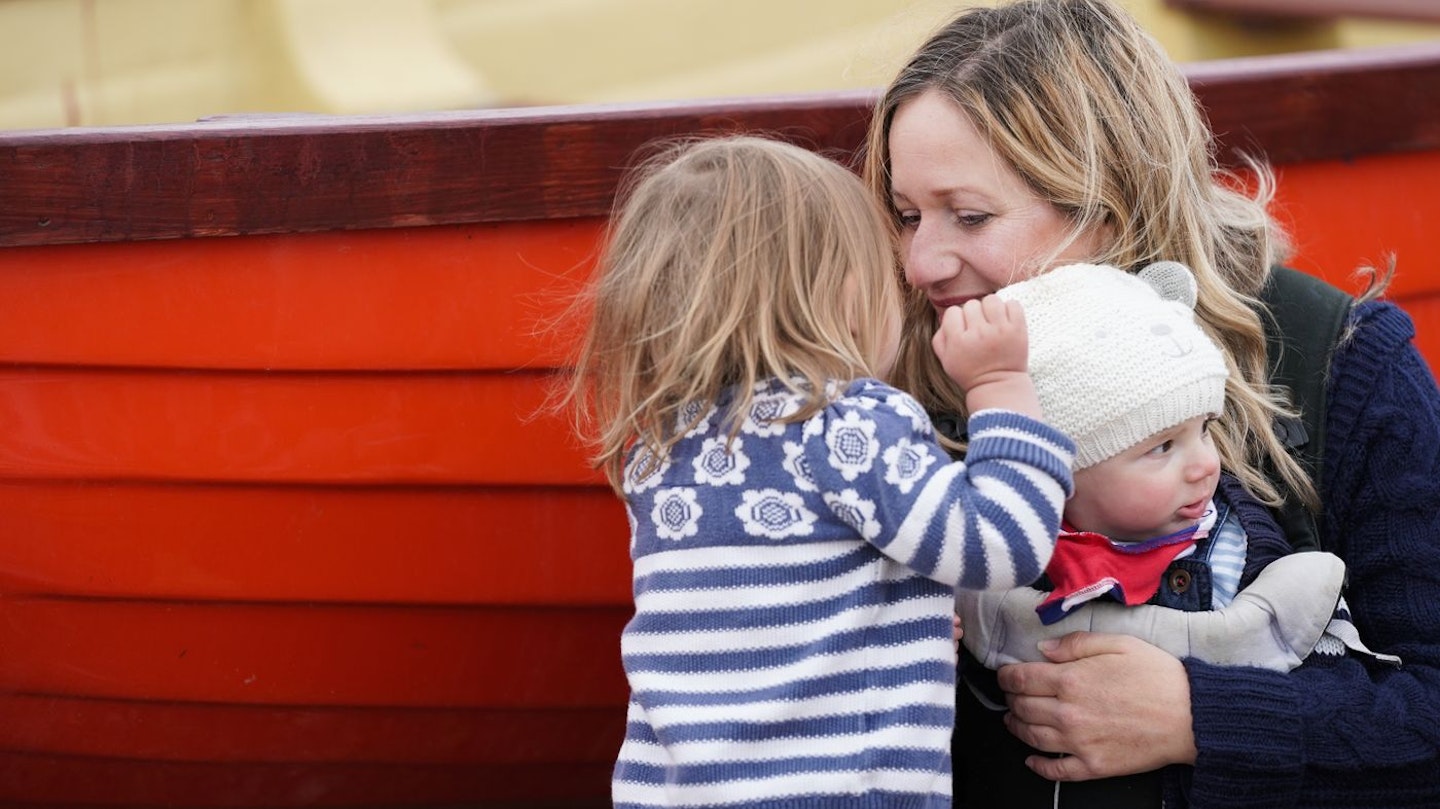 11 of 14
11 of 14Coronavirus: As A Solo Parent During A Pandemic, My Back-Up Plans Have Been Shaken
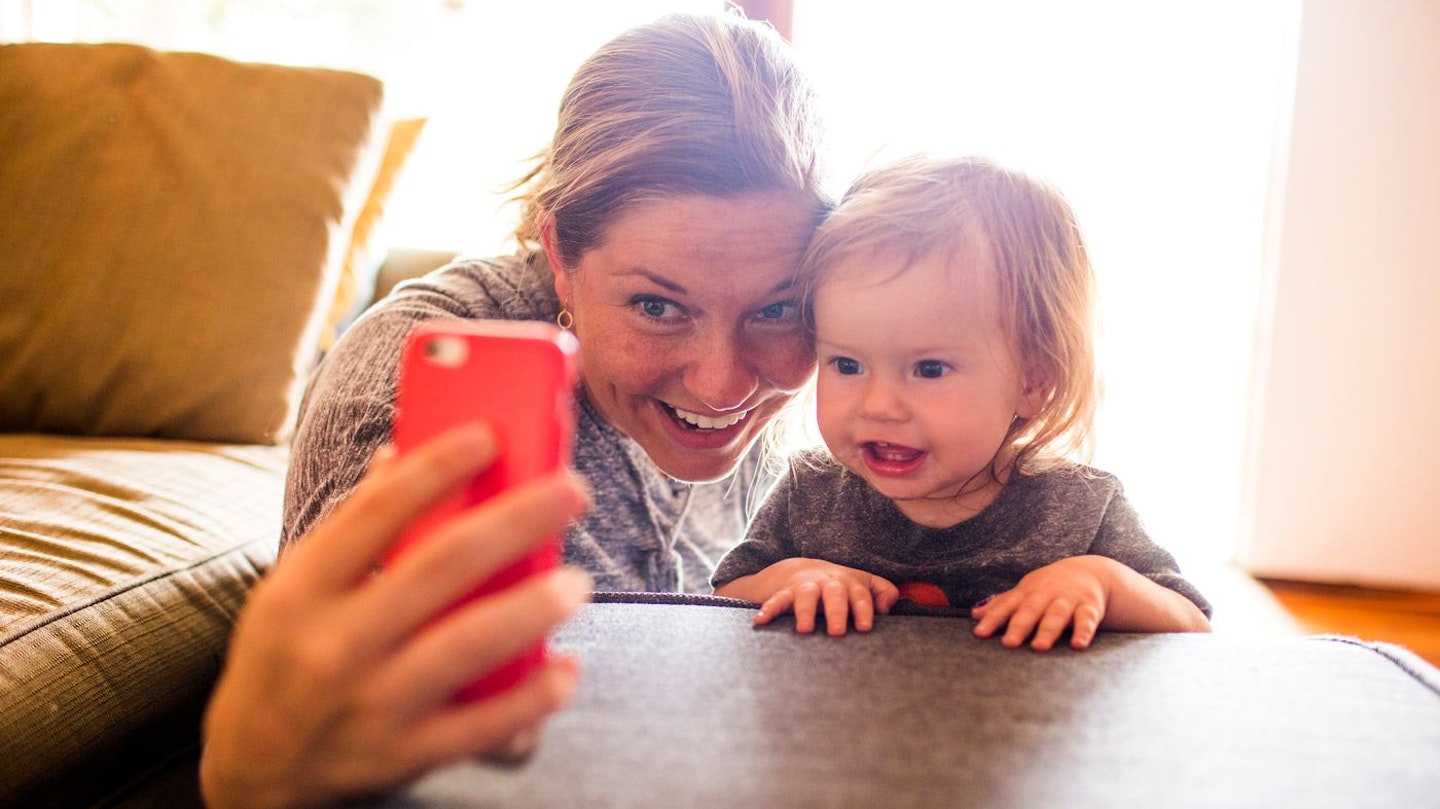 12 of 14
12 of 14Coronavirus: How Can We Celebrate Mother’s Day While Being Socially Responsible?
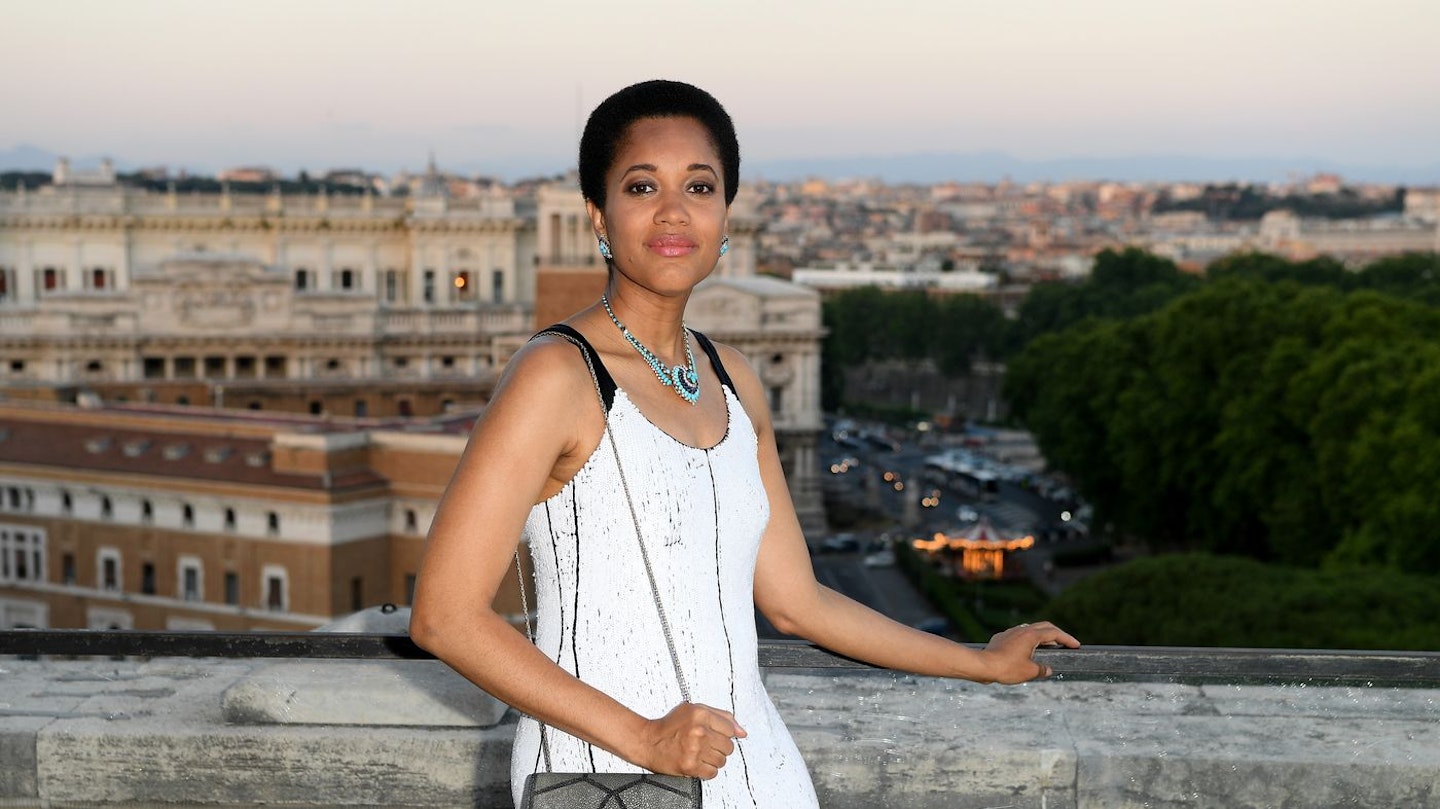 13 of 14
13 of 14Coronavirus In Italy: What It's Like Living In Lockdown
 14 of 14
14 of 14